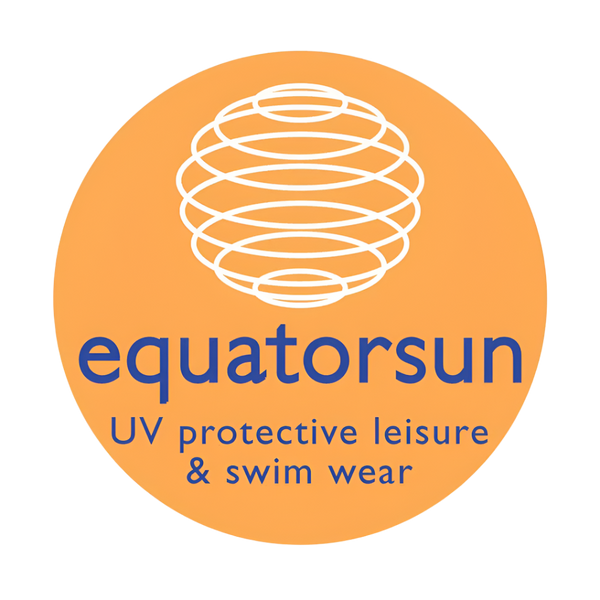The Sun Safe Blog

What Is Sun Protection Clothing?
Discover how sun protection clothing is an essential to protect your skin from harmful UV rays. Read time: 6 minutes
What Is Sun Protection Clothing?
Discover how sun protection clothing is an essential to protect your skin from harmful UV rays. Read time: 6 minutes

How to Stay Sun Protected When Skiing?
Discover exactly how to protect your skin and prevent avoidable damage when skiing. Reading Time: 6 minutes
How to Stay Sun Protected When Skiing?
Discover exactly how to protect your skin and prevent avoidable damage when skiing. Reading Time: 6 minutes

Are Your Clothes Really Protecting You from the Sun’s UV Rays?
Discover just little protection your everyday clothes offer, and learn how you can protect yourself today. Read Time: 7 minutes
Are Your Clothes Really Protecting You from the Sun’s UV Rays?
Discover just little protection your everyday clothes offer, and learn how you can protect yourself today. Read Time: 7 minutes

Can Skin Damage Caused by the Sun Be Reversed?
Uncover practical ways to minimise sun damage, prevent skin cancer, and reduce signs of premature aging. Read Time: 7 minutes
Can Skin Damage Caused by the Sun Be Reversed?
Uncover practical ways to minimise sun damage, prevent skin cancer, and reduce signs of premature aging. Read Time: 7 minutes

How Long Will You Be Safe in the Sun?
Calculate how many minutes it takes the sun to burn your skin in any location across the globe. See just how powerful the sun is.
How Long Will You Be Safe in the Sun?
Calculate how many minutes it takes the sun to burn your skin in any location across the globe. See just how powerful the sun is.

Do We Really Need Sun Protection All Year Round?
Uncover the truth about UV exposure and why it’s critical to stay protected, rain or shine. Read Time: 6 minutes
Do We Really Need Sun Protection All Year Round?
Uncover the truth about UV exposure and why it’s critical to stay protected, rain or shine. Read Time: 6 minutes
